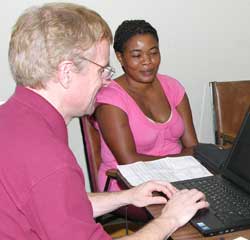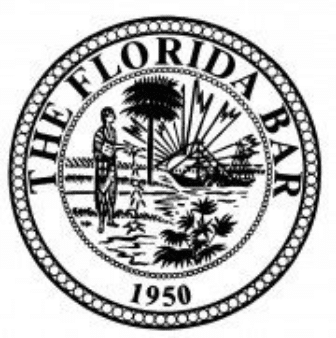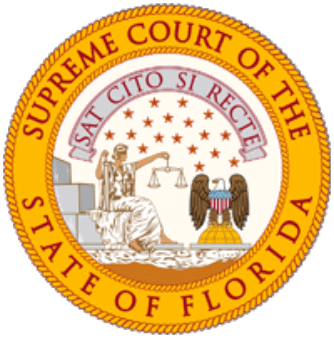
Pedro Hernandez Perez, 51, has had his wallet stolen twice once from a migrant farmworker boarding house and the second time on a bus.
“They took my money and my documents and left me without anything,” Perez said.
Each time he was robbed Perez had to apply for replacement of his Green Card so he could return to spending long, hot days in fields up and down the East Coast picking tomatoes, cucumbers, green peppers and watermelon. It’s the only kind of work he’s ever known.
“He’s had a lot of bad luck,” said Colin Abbott, managing attorney of the migrant unit at Florida Rural Legal Services (FRLS) in Ft. Myers, Fla., which helped Perez obtain replacement documents.
Bad luck is in plentiful supply in the migrant community. It just takes a few hours at the FRLS Immokalee outreach office to figure that out. Outside the multi-purpose Amigo Center in downtown Immokalee, an hour southeast of Ft. Myers, chickens peck at the grass and clients gather. It’s Wednesday, when legal help is available all day in English, Spanish and Haitian Creole.
Louis Jean Francois, an easy-going Haitian-American with a ready smile, walks in showing a scar on his right arm from where a drunken crew leader stabbed him after Francois asked him to return some money he’d borrowed. Having sought medical treatment and filed a police report, Francois was promptly fired upon returning to work, while the crew leader remained employed at the Virginia farm. Back in Immokalee a few weeks ahead of the fall harvest, he has been denied the unemployment compensation he needs to tide him over.
Next comes Myriam Seide, who was also denied unemployment compensation after the packing house where she’d been working closed for the summer season. Abbott has helped Seide several times before, including once when he obtained a settlement for her in a federal employment discrimination case, and another time when she was a victim of wage theft.
By handling these bread-and-butter issues, Abbott and his team help put a floor under the precarious living standards of a labor force that is critical to the success of Florida’s agriculture industry.
And while most growers play by the rules, those who violate them sometimes do so in shocking ways.
FRLS attorney Amanda Caldwell has worked on two multi-client human trafficking cases. In one, a group of 30 or 40 workers had their documents taken from them, were being threatened with deportation, were being paid next to nothing and were meanwhile charged for their food and housing in what amounted to indentured servitude.
“We’ve definitely brought attention to human trafficking,” said Caldwell, who is now helping some of the victims obtain permanent residency.
Along with non-lawyer outreach workers, Abbott, Caldwell and fellow attorney Andrea Ortega fan out across Florida’s rural communities, meeting migrant workers where they congregate, participating in community events so as to establish a presence, and pulling public records to find out when large groups of foreign guestworkers have arrived to work the harvest. While working to protect the rights of foreign and permanent resident laborers throughout Florida, the unit also works with local one-stop employment offices to ensure that U.S. workers are given first crack at farm work before clearance is given for guestworkers to be brought in, as the law requires.
Helping one group helps the other because it improves the system, Abbott said.
“Our clients are often the most disenfranchised, unprotected community no matter if they are American or guestworkers,” Abbott said. “When you enforce the rights of a group who is part of the whole, then you are increasing the rights of all the workers.”
To that end, FRLS works closely with the Florida Legal Services Migrant Farmworker Justice Program, a Florida Bar Foundation grantee headquartered three hours to the east in Lake Worth, Fla.
“I think our greatest impact is making a difference on the statewide farmworker community level through our education of farmworkers as to what their rights are,” Abbott said. “We are empowering them. We are having an impact on them individually, on their families, on their coworkers.”
The Florida Bar Foundation provided FRLS a general support grant of $247,460 in 2012-13 to provide legal assistance to rural Floridians, migrant farmworkers included, as well as $242,000 to help prop up legal aid attorney salaries. About two thirds of the organization’s funding, meanwhile, comes from the federally funded Legal Services Corporation.




